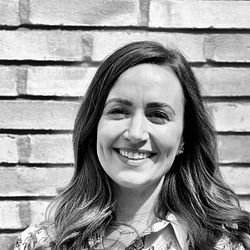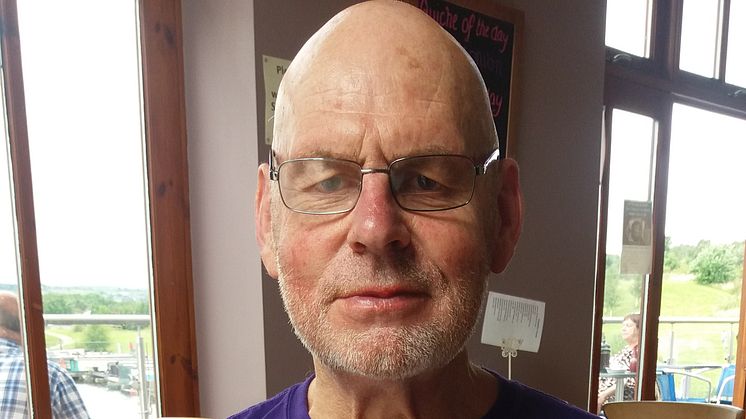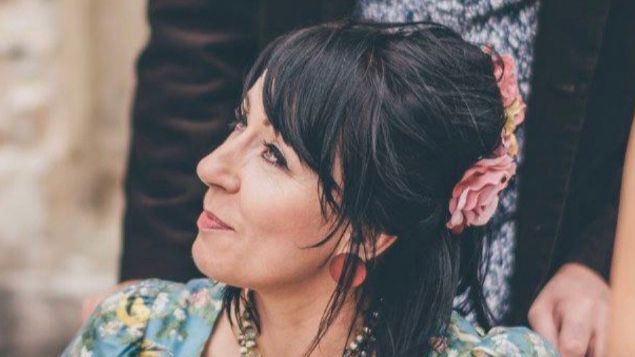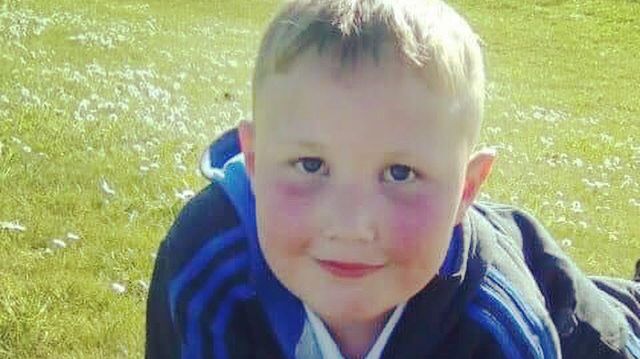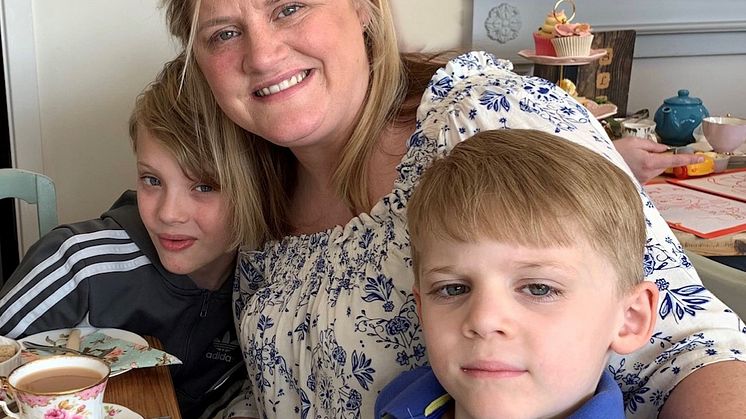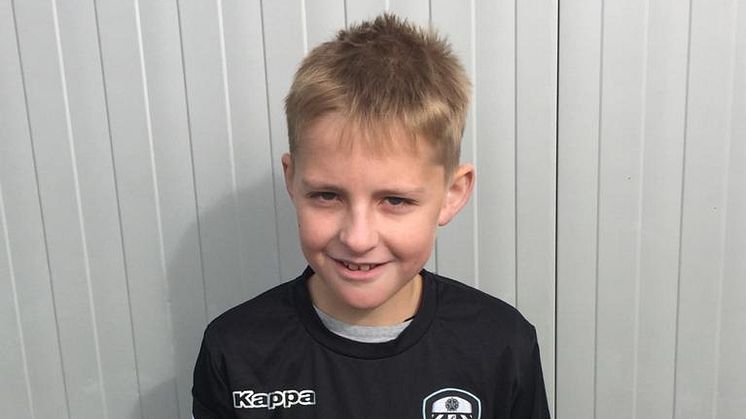
Press release -
Over 14 million UK adults don’t know where a stroke occurs
Over a quarter (27%)of the population don’t know that a stroke occurs in the brain – highlighting a lack of knowledge around the UK’s leading cause of disability.
Nearly half of UK adults know someone who has had a stroke (20 million people), but most admit to a lack of awareness and understanding needed to support stroke survivors in their recovery.
In a separate survey of stroke survivors, more than four out of five (85%) people said the people they had daily contact with did not understand the impact of the stroke.
Startling research unveiled today shows nearly half (45%) of people(i) who know a survivor of stroke personally admitting that they are struggling to support them to make their best possible recovery, according to new findings(ii) published today by the Stroke Association.
The research reveals that one important reason for the lack of stroke support for survivors stems from a lack of awareness of what stroke is and how it affects people. Shockingly, more than a quarter (27%) of the public(ii) don’t know where in the body a stroke occurs: the brain. For those that know a stroke survivor, a huge 82%(i) feel that a greater understanding of stroke would help them support the survivor better.All this, despite stroke being the country’s leading cause of disability.
The research(i) also found that of those who know someone personally who has had a stroke:
Nine in 10 (95%) agreed that family and friends play an essential role in the recovery process.
Nearly half (46%) admitted wanting to do more to help the stroke survivor that they knew but lacked the knowledge to do so.
Nearly a fifth (18%) say they do not properly understand the overall impact of the condition.
In a separate survey(iii) of stroke survivors, more than four out of five (85%) of stroke survivors said the people they had daily contact with did not understand the impact of the stroke. This ‘knowledge gap’ is preventing survivors getting the support they need from those closest to them, and stopping survivors from making the best possible recovery to rebuild their lives after stroke.
Eleven year old Joe Hannon survived a stroke after heart surgery on Boxing Day 2013. Now he is aspiring to help other child stroke survivors and their families and become a YouTube star, with the launch of his new YouTube channel ‘ABLE’.
Joe was like any other six year old boy in 2013, when he and his family were in Australia for his father Ed’s job as a doctor. He loved to pay football with his friends and had been training with a team in Australia.
Ed said: “Joe hadn’t been himself for a little while and we didn’t quite know what was going on so we took him to A&E. After a day of tests, we were told that Joe had a significant heart problem and it was only functioning at around eight per cent of its capacity.”
The family were flown back to the UK straight to Great Ormond Street Hospital, where Joe was put on the waiting list for a heart transplant. Whilst waiting for a donor Joe’s condition worsened meaning he was fitted with a Berlin heart, an air driven pump which takes over the work of a child's own heart. The recovery from this operation was slow and on Boxing Day 2013, Joe had a stroke.
Eventually, Joe received his heart transplant in January 2014 and then faced a long journey of rehabilitation.
Ed said “With lots of physio and rehab Joe has slowly improved. However even his new heart is still not working as it should be and he has a residual left sided weakness. He has battled mental health issues and is trying not letting his disability affect him too much but life can still be hard.
“We definitely found that awareness of childhood stroke is limited. Generally we have found most people don’t think kids can have strokes - probably because it is rare. Joe feels a lot of people don’t understand what a stroke is and the problems it leaves kids with. As parents, we also feel the hidden effects of stroke are poorly understood and sometimes difficult to explain. Sometimes it’s difficult to explain Joe’s behavioural problems and fatigue to others. Mental health issues such as anxiety are also common and poorly supported. We had to fight hard as parents for support when Joe was suffering from depression.”
Joe is now back full-time at Ralph Thorsby School in North Leeds and he plays football for Leeds United Foundation. Recently Joe has set up a YouTube channel, ABLE, to focus his mind on the positive and hopefully inspire others. His videos tell his story and show him enjoying his hobbies; playing football and mixed martial arts (MMA) and even showing off his rapping skills.
Joe said: “I got really into YouTube and was always watching it. I watched a lot of YouTubers and people that did football and MMA videos. A few of my friends have YouTube channels but I wanted to see something inspiring. When I was dealing with tough times, I wanted that sort of thing to inspire me. If I do the things I love and fill my channel with videos, there’ll be other kids in my situation who can come to me to find inspiration.”
Check out Joe’s channel and intro video on https://youtu.be/-yYcWgRGCgw
The charity published its findings to mark the launch of its newest campaign, Rebuilding Lives, which aims to showcase the challenges faced by stroke survivors and those who support them with their recoveries. Other findings reveal the damaging effects that stroke can have on social networks and relationships:
More than one in 10 respondents admitted to seeing the survivor less after the latter had a stroke.
More than one in six of those who know a stroke survivor, admitted spending less time with them because the latter was perceived as not being the same person following the stroke.
A quarter (25%) said there had been a drop in social activity on the part of the stroke survivor.
Chris Larkin, Director at the Stroke Association, comments: “A stroke happens in the brain, the control centre for who we are and what we can do. The impact varies depending on which part of the brain is affected. It could be anything from wiping out your speech and physical abilities, to affecting your emotions and personality. So, it’s a real challenge for everyone as they come to grips with this sudden and life changing event. These findings highlight the complexity of stroke and raises the desperate need amongst people to understand the impact of stroke in order to better support their loved ones.
“There are over 1.2 million stroke survivors living in the UK – many of whom are reliant on their friends and family, from help with daily living to understanding their emotional and mental health needs.
“It doesn’t have to be this way. We’re urging those people who know someone who has had a stroke to help turn this around and fill this knowledge gap. Reach out to the Stroke Association for help, so that together we can support stroke survivors to rebuild their lives.”
For more information about Rebuilding Lives or about stroke, visit www.stroke.org.uk/rebuildinglives.
For more information about what you can expect after a stroke, the Stroke Association has partnered with the Royal College of Physicians to produce a booklet accessible here: https://tinyurl.com/yyqj638z
Topics

